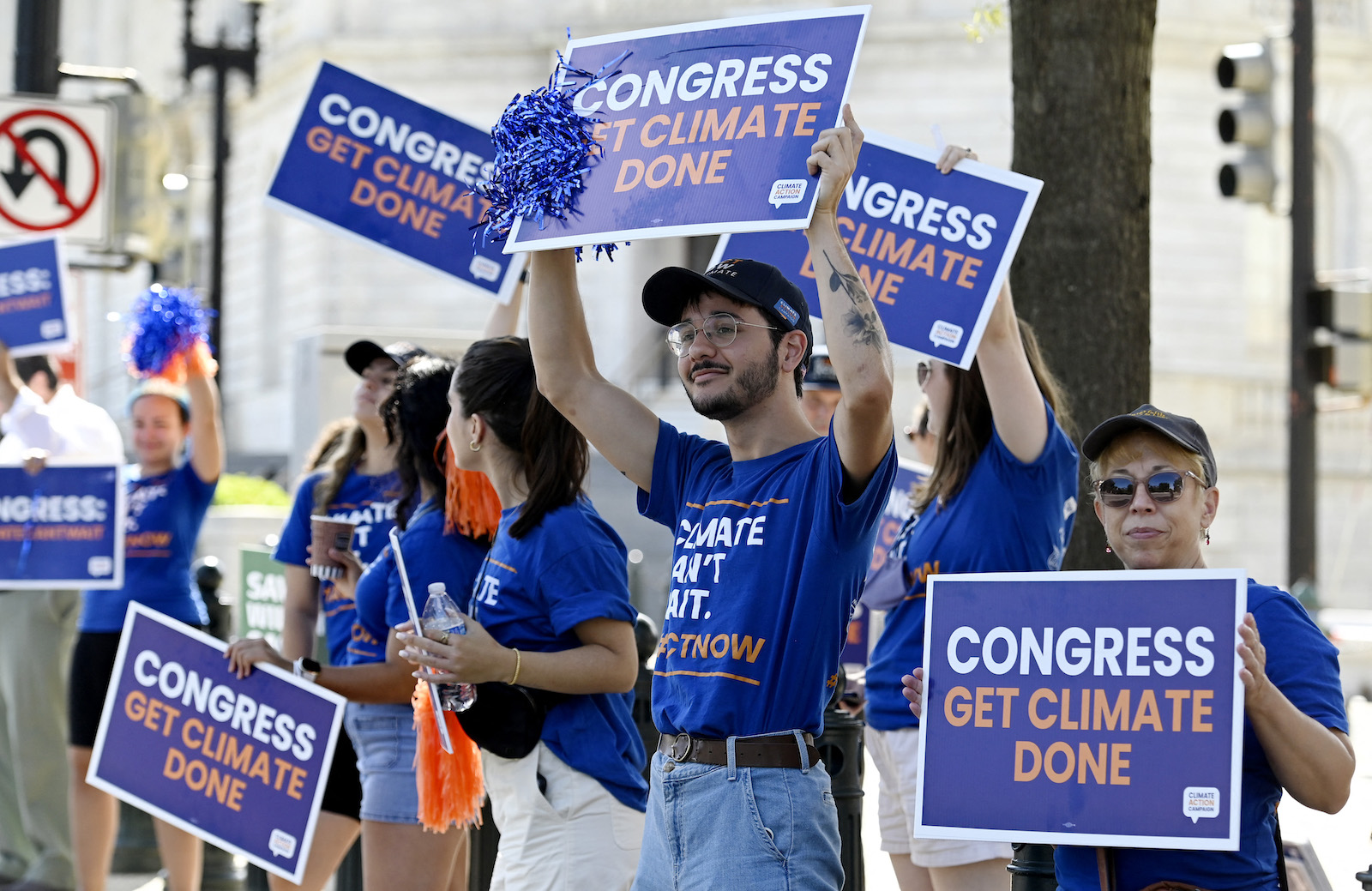In the ongoing session [1] of the Rajya Sabha, the seat of the former Indian Prime Minister, Dr. Manmohan Singh was shifted from first to last row, due to health issues inhibiting his ability to walk to the first row. This has led to a debate regarding the accessibility of public buildings for persons with disabilities. It leaves behind a pertinent question, when the parliament of the country is not accessible for persons with disabilities, how accessible are other buildings and offices of public importance?
Out of all other institutions, the need to revamp the educational institutions, be it public or private is more than ever before, especially when we recently observed the 30 years of Unni Krishnan vs. The State of Andhra Pradesh [2], wherein the Right to Education was included within the ambit of Right to Life under Article 21 [3] of the Constitution of India. This right to education was later explicitly inserted under Article 21A [4] of the Constitution by way of the Constitution (Eighty-sixth Amendment) Act, [6] 2002. Reading Article 21 with Article 15 [5] of the Constitution construes that inaccessibility to educational institutions of the persons with disabilities amounts to violation of their fundamental rights.
Under section 16 [7] of the Rights of Persons with Disabilities Act, 2016 (hereinafter referred to as the ‘2016 act’), government funded or government affiliated educational institutions are mandated to provide inclusive education to children with disabilities. This includes both the public and private educational institutions. However, the UDISE+ [8] data reflects that for the year 2019-20, only 0.98 percent of the children with disabilities out of the total population were enrolled at the primary level schools. Not only this, the figures for the year 2014-15, 2015-16 and 2016-17 show that, excluding the trends of senior secondary level schools for the year 2016-17, the enrolment rates have been gradually decreasing across all levels each year. This clearly indicates that the legislation, in spite of being well-intentioned, has failed to uplift the level of integration of children with disabilities.
Primarily, the failure of the legislative provisions in place to effectuate the benefits of these welfare legislations can be attributed to two reasons. Firstly, no concrete and earnest efforts have been taken to streamline the implementation of existing legislative provisions for persons with special needs and secondly, there is a lack of institutional support from the state. In Rajive Raturi v. Union of India [9], the Supreme court argues about the shift in the approach of dealing with persons with disabilities. The court opines that the objective should not be to view them as “abnormal, deserving of pity and care, and not as individuals who are entitled to enjoy the same opportunities to live a full and satisfying life as other members of society”. Rather, the state should endeavor to uphold their dignity and to cease their exclusion from mainstream society. This can be achieved through ensuring higher rates of enrolment of children with special needs in public and private schools and universities. The aim is to broaden the discourse from mere attainment of literacy to securing higher education and employment opportunities.
Section 16 (ii) [10] of the 2016 act mentions that the campus, building and other facilities of the educational institutions should be accessible to children with disabilities. Now, most of the educational buildings evade the mandatory application of this provision as there is no mechanism to enforce them upon the institutions. Thus, in order to effectuate the mandates of the 2016 act, there is a need for an amendment to the act to include a provision for the establishment of a ‘Regulatory Authority.’ In such a case, every public funded institution or institution officially recognised by the government, whether school or university, would have to get a ‘green signal’ from the regulatory authority. In the case of private institutions, the union and the state governments can come up with concerted schemes to allocate funds for revamping and realigning low-budget institutions according to the needs of making it accessible for persons with disabilities. In the initial period, this scheme could incentivise and provide support to the schools and colleges to comply with the guidelines of the regulatory authority.
The regulatory mechanism could contain provisions mandating procurement of special reading materials for students with visual impairment. Every university hostel must have specific rooms catering to the needs of students with disabilities. On February 14, 2023, the apex court in Rajneesh Kumar Pandey & Ors vs. Union of India [11] sought details from the state governments of different states regarding the total number of children with special needs in the state, total special teachers enrolled and total vacancies in the state. The court also ordered to give details pertaining to the ad hoc appointment of teachers and to provide a stipulated time frame to fill up these vacancies.
Another aspect is the institutional support from the state’s end. One instance of this could be the Nyaya Bandhu scheme, which has been initiated under the Ministry of Law and Justice of the Government of India, wherein the ministry has collaborated with 69 law schools across India in order to expedite the dispensation of legal services amongst the target groups. Under the scheme, the legal aid clinics of the law schools also receive funds on a regular basis from the ministry. Similarly, the Ministry of Social Justice and Empowerment could also collaborate with educational institutions across the country for the empowerment of students with special needs within the educational institution and beyond it. Under this scheme, a welfare committee catering to the needs and interests of the students with special needs can be established in universities and colleges.
The 2016 act is progressive in terms of recognising the roadblocks for persons with special needs to have the ability to live a dignified and meaningful life. However, the act has achieved only a stunted outcome in terms of making the educational institutions accessible for persons with special needs. India’s present disability rights law is riddled with issues of inconsistency and non-compliance. It thus, needs to be shielded with regulatory and institutional mechanisms for its effective implementation, lest it will turn into merely a toothless tiger.
Bibliography
- Disability activists flag Manmohan’s shift to Rajya Sabha last row for wheelchair. Indian Express, (March 30, 2023, 10:30 PM), https://indianexpress.com/article/india/disability-activists-flag-manmohans-shift-to-rajya-sabha-last-row-for-wheelchair-8433016/.
- Unni Krishnan vs. The State of Andhra Pradesh, 1993 AIR 217.
- The Constitution of India,1950, Article 21.
- The Constitution of India,1950, Article 21A.
- The Constitution of India,1950, Article 15.
- The Constitution of India, 1950, amended vide The Constitution (Eighty-Sixth Amendment) Act, 2002.
- The Rights of Persons with Disabilities Act, 2016, Section 16.
- Disability-Inclusive Education Practices in India. UNICEF, (2021), https://www.unicef.org/rosa/media/16996/file/Country%20Profile%20-%20India.pdf.
- Rajive Raturi v. Union of India, (2018) 2 SCC 413.
- The Rights of Persons with Disabilities Act, 2016, Section 16(ii).
- Rajneesh Kumar Pandey & Ors vs. Union of India, CWP No. 132/2016.
This post was originally published on LSE Human Rights.




















